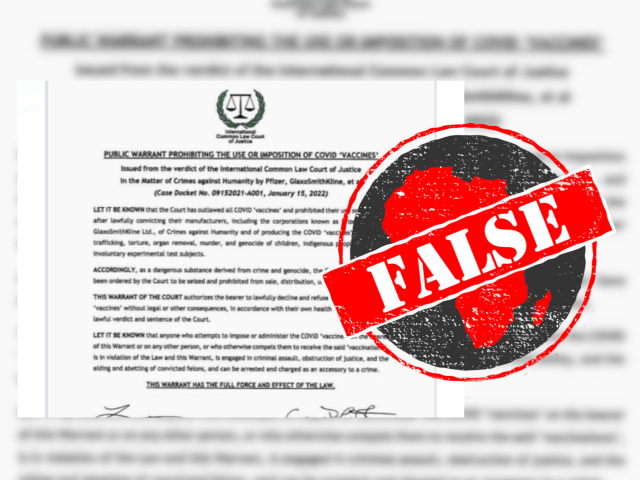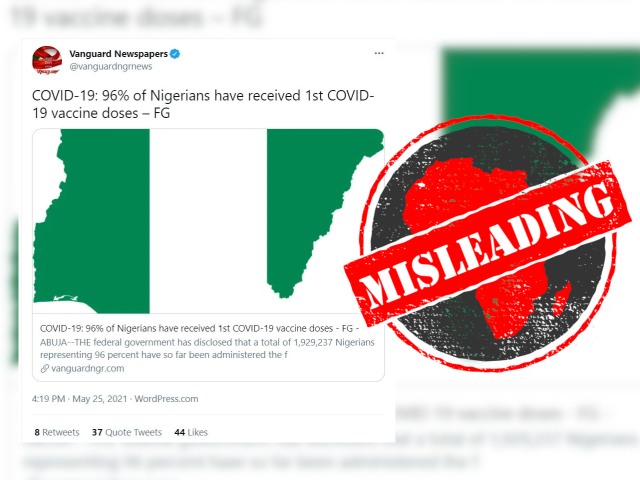IN SHORT: Almost three years after the Covid pandemic began, conspiracy theorists are still trying to sell their ideas online. This time, it’s not true that the 75% of Germans vaccinated against the disease won’t be able to buy a car.
A screenshot of a Facebook post doing the rounds on social media in South Africa in November 2022 claims that people in Germany who’ve been vaccinated against the coronavirus won’t be allowed to buy cars.
Germany is a country in central Europe.
The screenshot’s text is in Dutch, the language of the northern European country of the Netherlands.
It reads: “In Duitsland mag je geen auto meer kopen als je geprikt bent. Ook krijgen geprikte dit jaar nog een brief van verzekeraars dat ze niet langer verzekerd zijn. En geen auto meer mogen rijden. Dit wordt een groot ontwaken in Duitsland.”
This roughly translates as: “In Germany you may not buy a car if you’ve been jabbed. And people who got the jab will, this year, get a letter from their insurers telling them that they are no longer insured. And are no longer allowed to drive a car. This is going to be a big wake up in Germany.”
An English version of the claim has also appeared online.
Have German authorities really ruled that people vaccinated against Covid can’t buy a car? And will vaccinated people have their vehicle insurance withdrawn?
Of course not.

German government got 75% of population jabbed
Eleven Covid vaccines have been approved for use in Germany. By early December 2022, about 63.5 million people – 75% or three quarters of the population of Germany – had been vaccinated against the disease.
Why would the German government administer so many Covid vaccines and then punish the vaccinated?
A quick Google search for the claim yielded no results. It would have made news headlines if it were true.
Spokespeople for Germany’s transport ministry and the country’s insurance federation told fellow fact-checking organisation AFP that the claim was not true.
“This is honestly nonsense that is spreading on social media,” they said.
It’s been almost three years since Covid was first reported, in a worldwide trauma we all shared. But none of the conspiracy theories about the pandemic have proven to be true.
Republish our content for free
For publishers: what to do if your post is rated false
A fact-checker has rated your Facebook or Instagram post as “false”, “altered”, “partly false” or “missing context”. This could have serious consequences. What do you do?
Click on our guide for the steps you should follow.
Publishers guideAfrica Check teams up with Facebook
Africa Check is a partner in Meta's third-party fact-checking programme to help stop the spread of false information on social media.
The content we rate as “false” will be downgraded on Facebook and Instagram. This means fewer people will see it.
You can also help identify false information on Facebook. This guide explains how.





Add new comment